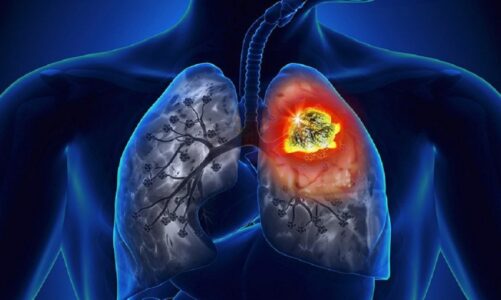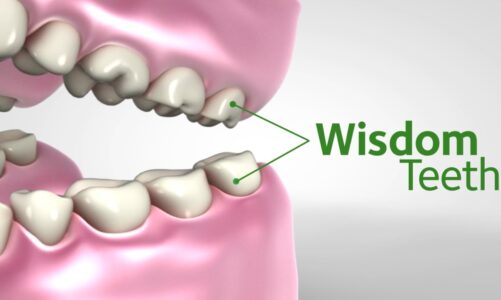Brain cancer is one of the deadliest types of cancer. The majority of sufferers die from this condition because it is so difficult to detect at an early stage. There are a variety of symptoms of brain cancer that people should be on the look out for. These symptoms can help brain cancer survivors recognize whether or not they have brain cancer before it is too late to do anything about it.
Seizures are a very common symptom of brain tumors. Although many people are familiar with what a seizure feels like, not everyone is aware of what a seizure is. A seizure is a sudden, violent movement of your body. Most seizures cause enough pain that you may think you are having a heart attack, but they are usually not life threatening. Some people believe that seizures are always due to something physical happening with the brain, but seizures can also be caused by other causes, such as medications, tumors, or infections.
Another very common symptom of cancer in the brain is a symptom called bradykinesia. Bradykinesia is a rapid, rhythmic twitching or shakes in the affected area. This is usually a sign of an infection or other problem in the area, but it can also mean that the brain is trying to tell the body that something is wrong. Brain tumors and other diseases can cause excessive levels of bradykinesia.
Meningitis is another common sign of brain cancer. If a person has been exposed to one or more types of infectious agents in the past, there is a good chance that they will develop a primary brain tumor. In addition, meningitis is one of the few illnesses today that typically produces a wide range of symptoms, from loss of memory, to extreme fevers, to loss of consciousness and coordination. The symptoms often come in clusters, which can make it difficult to diagnose, especially in cases where the illness is young and undeveloped.
Chemotherapy treatments vary widely in their effects and potential side effects. Most doctors prefer to begin treatment with a single drug, even if that drug causes side effects in most of their patients. Side effects to single drugs vary widely, including loss of sex desire, weight gain, vomiting, loss of appetite, nausea, hair loss, constipation, and a lack of sex drive. Many patients who have primary brain tumors choose to undergo multiple drug treatments, which can make the illness more difficult to treat.
Radiation therapy and surgical procedures may be used to treat brain cancer. Radiation therapy may be used to kill certain brain tumors, or to reduce their size. Surgical procedures may be used to repair damaged areas, remove tumors, or alleviate symptoms such as sweating, appetite loss, decreased mental function, and hair loss. As the prognosis for these types of treatments is less than 50 percent, they carry a higher risk of complications and are not covered by some health insurance plans.




